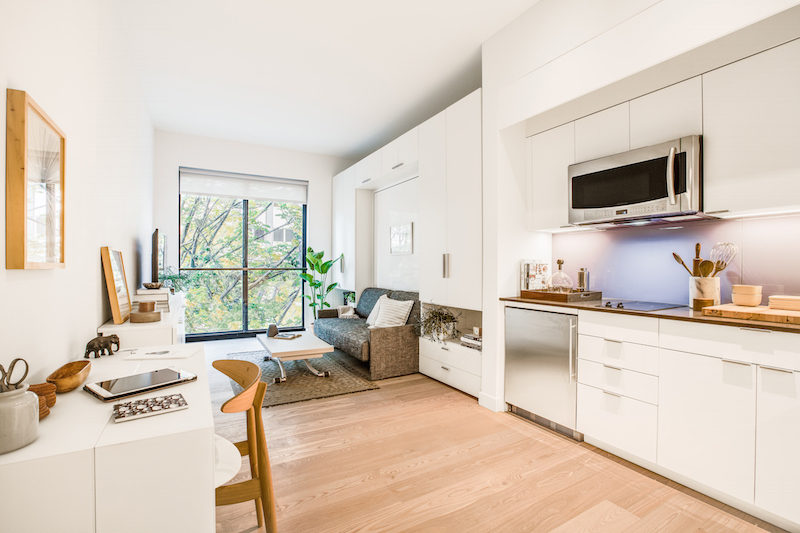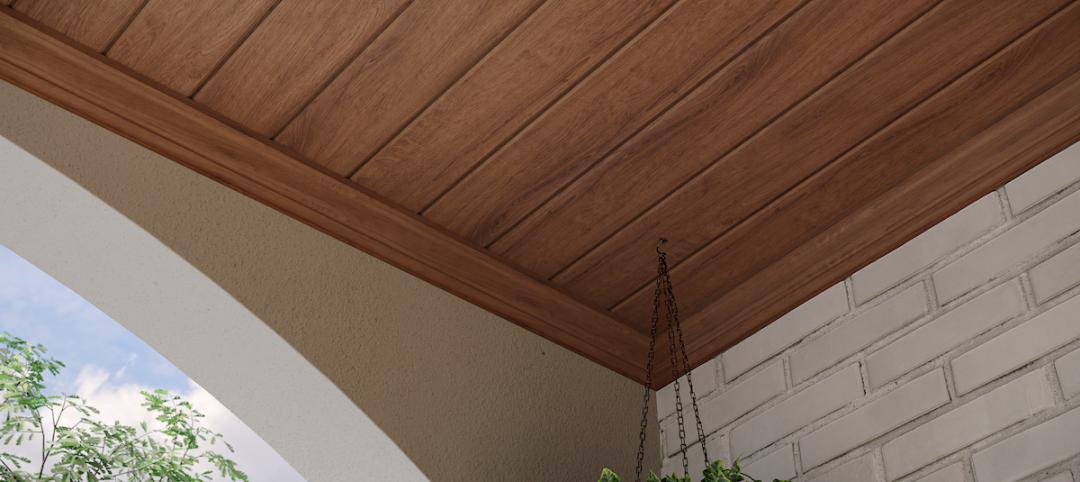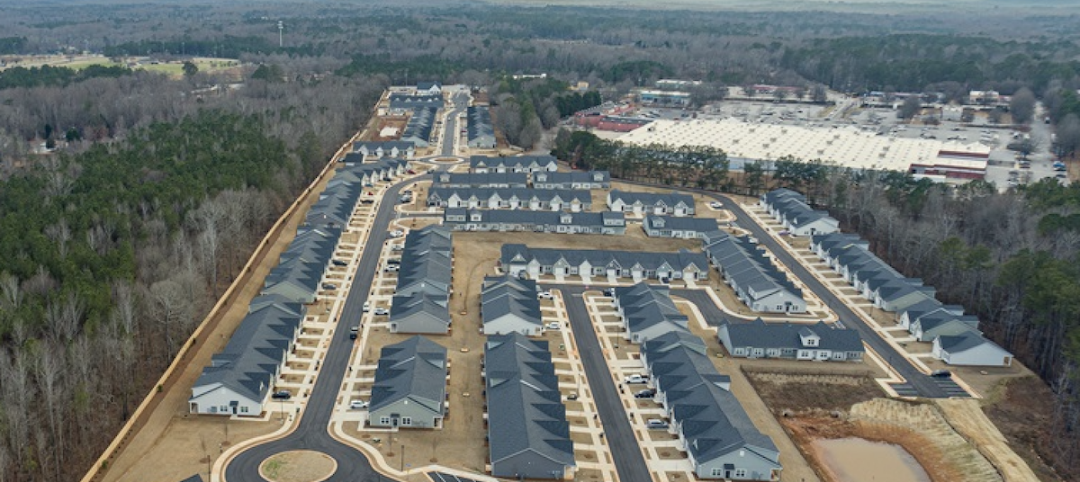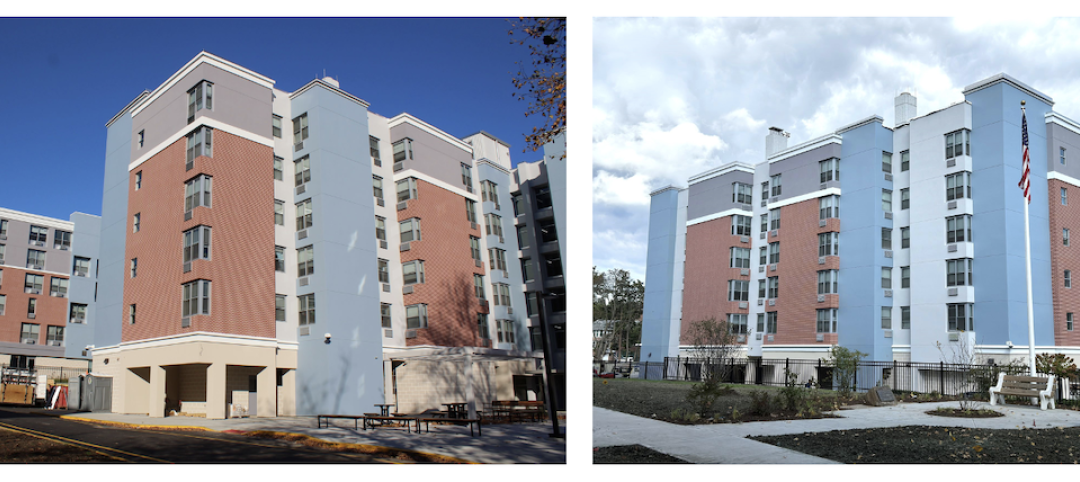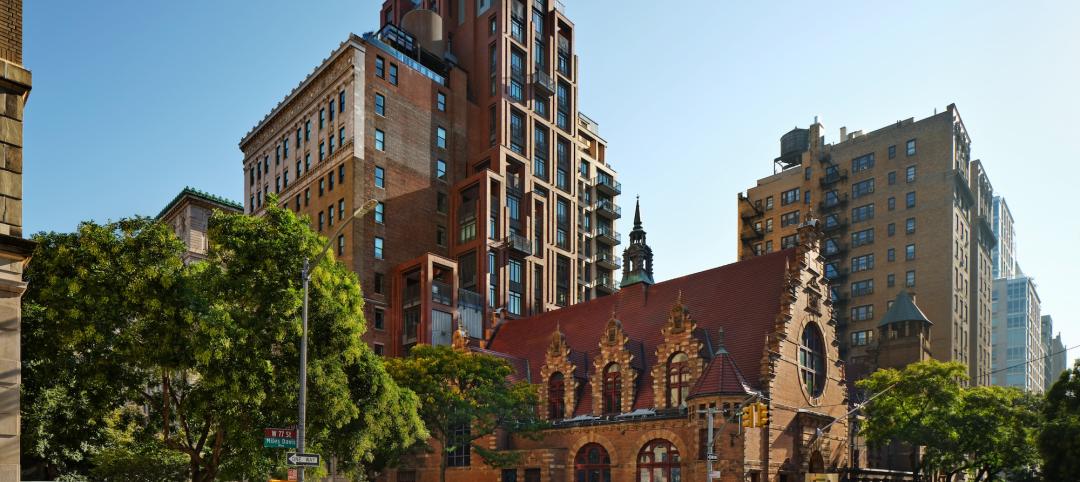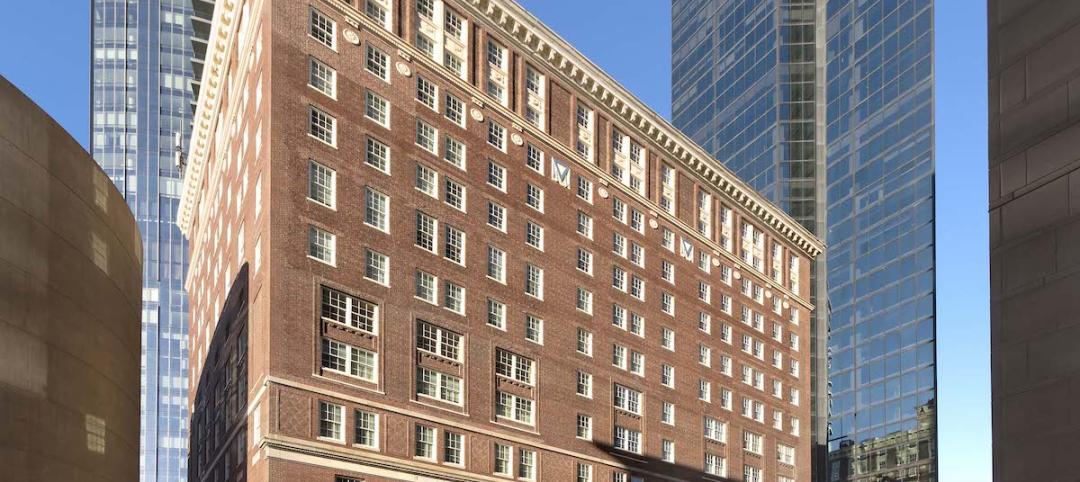Since November, Stage 3 Properties—which designs, markets, and manages rental properties in partnership with developers and investors—has been leasing Ollie at Carmel Place, a 55-unit building that is New York City’s first micro-unit multifamily development, with apartments ranging from 260 to 360 sf.
Stage 3’s “Ollie” platform offers renters the option of fully-furnished studios and shared suites, as well as access to amenities in nearby facilities that include work spaces, juice bars, pools, gyms, spas, and lounges. Ollie will even help renters find suitable roommates through its Bedvetter service.
The “all-inclusive” experience that Ollie is marketing also includes hotel-like services such as housekeeping. This week, Stage 3 announced the signing of a multiyear agreement with Hello Alfred, a personal butler and on-demand concierge service that, starting next month, renters at Carmel Place can sign up for and access through a mobile app.
Hello Alfred is a weekly subscription service that sends a background-vetted “Home Manager” to a renter’s home to take care of basic house cleaning (bed making, kitchen cleanup, etc.), laundry, dry cleaning, clothing and shoe repair, package shipping, and grocery shopping. The service starts at $32 per week.
Ollie is now Hello Alfred’s sole micro-unit partner, and charges for the services provided are already included in the quoted rents for residents.
Alfred’s CEO, Marcela Sapone, told BloombergBusiness that customers at other apartment buildings have used the service for everything from organizing receipts and meeting a cable repair person to refilling a Koi pond. If the helper isn’t able to tackle a particular job—such as plumbing or professional cleaning—he or she will find someone who can for the renter.
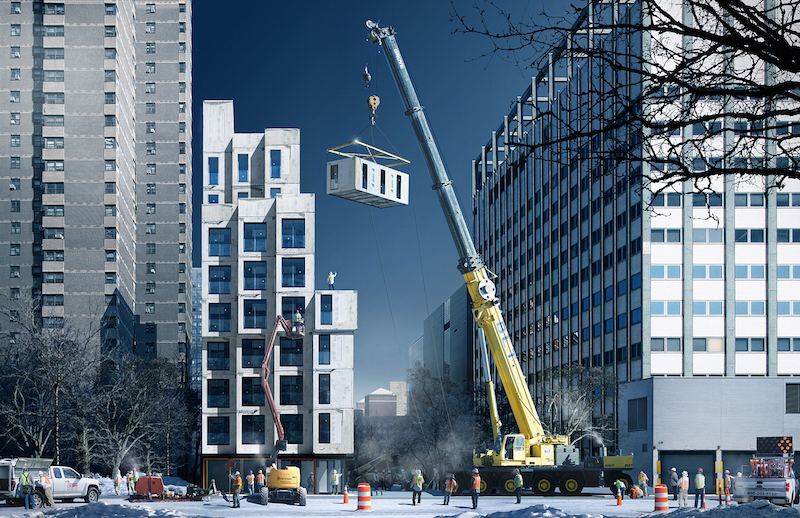
Monadnock Development assembled Ollie Carmel Place with factory-built modules for the micro apartments. The building in New York will be ready for renters to move into in the first quarter of 2016. Photo courtesy Monadnock Development.
Rents at Carmel Place run up to $3,150 per month, but 22 apartments are more affordably leased. “Carmel Place is a perfect fit for Ollie,” Chris Bledsoe, Stage 3’s Founding Partner, told Curbed NYC. “With 40% of the units allocated to low- and middle-income New Yorkers, the message of ‘inclusiveness’ is already an integral part of the community and the experience at the building. Additionally, the small unit sizes at Carmel Place afforded us an opportunity to demonstrate to the world that efficient units don’t inherently require a reduction in quality of life.”
Ollie at Carmel Place—which was once going to be called My Micro NY—was designed by nARCHITECTS and developed by Monadnock Development, which assembled the building from modular components. The development cost was $16.7 million.
Stage 3’s next market could be Los Angeles, according to its website. Hello Alfred currently has locations in New York, Boston, San Francisco, and L.A.
Related Stories
Standards | Apr 1, 2024
New technical bulletin covers window opening control devices
A new technical bulletin clarifies the definition of a window opening control device (WOCD) to promote greater understanding of the role of WOCDs and provide an understanding of a WOCD’s function.
Adaptive Reuse | Mar 26, 2024
Adaptive Reuse Scorecard released to help developers assess project viability
Lamar Johnson Collaborative announced the debut of the firm’s Adaptive Reuse Scorecard, a proprietary methodology to quickly analyze the viability of converting buildings to other uses.
Green | Mar 25, 2024
Zero-carbon multifamily development designed for transactive energy
Living EmPower House, which is set to be the first zero-carbon, replicable, and equitable multifamily development designed for transactive energy, recently was awarded a $9 million Next EPIC Grant Construction Loan from the State of California.
Adaptive Reuse | Mar 21, 2024
Massachusetts launches program to spur office-to-residential conversions statewide
Massachusetts Gov. Maura Healey recently launched a program to help cities across the state identify underused office buildings that are best suited for residential conversions.
Multifamily Housing | Mar 19, 2024
Jim Chapman Construction Group completes its second college town BTR community
JCCG's 200-unit Cottages at Lexington, in Athens, Ga., is fully leased.
Multifamily Housing | Mar 19, 2024
Two senior housing properties renovated with 608 replacement windows
Renovation of the two properties, with 200 apartments for seniors, was financed through a special public/private arrangement.
MFPRO+ New Projects | Mar 18, 2024
Luxury apartments in New York restore and renovate a century-old residential building
COOKFOX Architects has completed a luxury apartment building at 378 West End Avenue in New York City. The project restored and renovated the original residence built in 1915, while extending a new structure east on West 78th Street.
Multifamily Housing | Mar 18, 2024
YWCA building in Boston’s Back Bay converted into 210 affordable rental apartments
Renovation of YWCA at 140 Clarendon Street will serve 111 previously unhoused families and individuals.
Adaptive Reuse | Mar 15, 2024
San Francisco voters approve tax break for office-to-residential conversions
San Francisco voters recently approved a ballot measure to offer tax breaks to developers who convert commercial buildings to residential use. The tax break applies to conversions of up to 5 million sf of commercial space through 2030.


